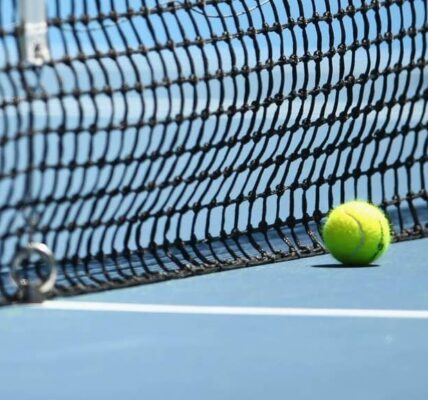How the Springboks’ stronghold atop the World Rugby rankings is increasingly under pressure:

1. Rankings Context & the 2027 World Cup Draw
Why rankings matter more than ever in 2025: The 24-team Rugby World Cup will use December 2025 rankings to determine six seeded bands for the draw—top-seeded teams avoid early knockouts (Gauteng News, sportsburea.com.ng).
-
Favor doesn’t last forever: Despite winning back-to-back Cups, the Boks have lost the world #1 spot multiple times post-2023, notably to Ireland after a one-point defeat to Argentina in September 2024 (Rugby is the Game). This shows their edge is not unassailable.

2. The Threat from Ireland & All Blacks
Close contest with Ireland: Ireland have systematically chipped away at the Boks’ lead.
A 25–24 win in Durban closed the gap to less than a point pre-Rugby Championship (Planet Rugby).
New Zealand remains close: Ever a lurking presence, the All Blacks trail by around two points at key moments (Planet Rugby).
These margins are razor-thin—winning or losing a single fixture can flip ranking positions.

3. Ranking System: Built-In Fragility
Inflated value from World Cup knockouts: Tops-heavy wins come with double-points, a system that bolstered the Boks in 2023, but also makes it harder to maintain the cushion long-term (RugbyPass).
-
Old results still count: The ranking algorithm slowly phases out prior match results over two years. Success from 2023 still helps, but 2024/25 losses are rapidly draining that buffer .
The result: a system that rewards tournaments but punishes inconsistency.
4. The 2024 Numbers Game
Solid overall performance: The Springboks achieved an 84.6% win rate (11 from 13 tests) in 2024—victories over Scotland, England, Wales and a clean Rugby Championship (EWN).

Crucially close losses: Two of those matches (to Ireland and Argentina) were by a single point, directly cost the top ranking, and highlight how they “squeak by” rather than steamroll (EWN).
Their brilliance is undeniable—but on a razor’s edge.
5. Threats Ahead in 2025
A. Fixture Intensity
Tough tests loom: Matches against Ireland, New Zealand, France, plus 15 total Tests this year—all potential slips that could swing the rankings (sportsburea.com.ng).
B. Balancing Act: Youth vs. Experience
Strategic rotation is key: Erasmus wants to groom young talent while preserving veterans. This helps long-term but may sacrifice short-term results (Gauteng News).
C. Other Nations’ Momentum
-
Ireland’s breakthrough: Their victory over the Boks in Durban and persistent form shows they’re not just competition, they’re a real contender.
-
New Zealand’s consistency: Always present under the rankings radar, a good year could see them surge.
6. Strategic & Psychological Stakes
Seeding dynamics: A slip to #2 or #3 risks landing in a “death pool” at the 2027 World Cup—possibly facing multiple champions before the knockouts (The Irish Times, Gauteng News).
Psychological boost: Rankings are also about morale.
Erasmus himself noted that while the Slam tour is “bragging rights”, finishing the year at #1 carries real psychological weight (rugby-addict).
7. Outlook & Sustainability
Factor |
Strength |
Vulnerability |
|---|---|---|
Form & Results |
Clean tour, high win rate |
Close losses weaken ranking edge |
Fixture Quality |
Beat top sides in high-stakes games |
Heavy calendar increases risk of slip-ups |
Squad Strategy |
Depth, fresh blood, rotation |
Rotation may reduce match sharpness |
Rival Nations |
Ireland/New Zealand chasing hard |
One slip can flip standings |
Dominance Under Pressure
South Africa enter 2025 in a strong but delicate position.
Their 2024 exploits—clean tours and big victories—have anchored them atop the rankings. But narrow defeats, a packed test schedule, and rising challengers like Ireland and the All Blacks mean their pre-eminence isn’t assured.
What they need now:
-
Key wins in 2025, especially away Tests against top-tier teams.
-
Strategic squad management to balance development and performance.
-
Mental resilience to finish the year at #1 and secure favorable World Cup seeding.



